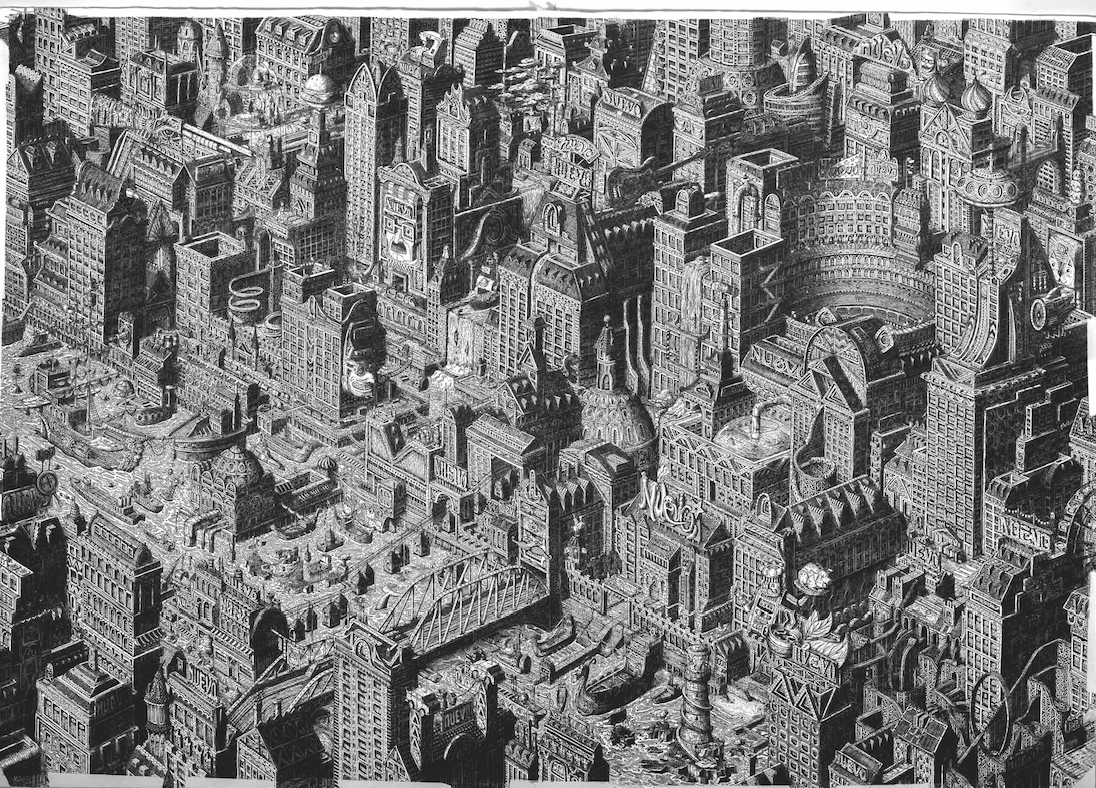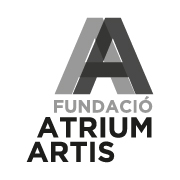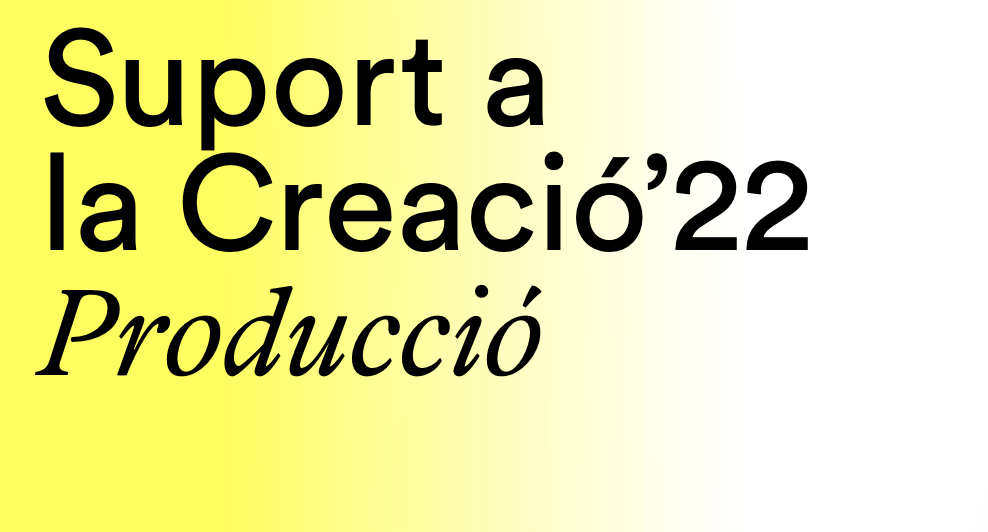Opinion
About NFT in Art

An NFT is the acronym for non-fungible token, which is an intangible asset - without physical existence - circulating in the digital marketplace and payment is made through one of the cryptocurrencies (digital native currency). NFTs cannot be replicated because they are created using smart contracts, which are self-executing applications that cannot be modified once they are up and running. On the other hand, they cannot be falsified because the blockchain in which they exist is open source and visible to the public, and consequently anyone can check whether or not an NFT comes from the smart contract belonging to the person who originally created it or if it is a different contract made by an impostor. Finally, they have the particularity of not being interchangeable with each other and can function as proof of authenticity and ownership within the digital world.
They are a way of transferring to the digital world the authenticity of the works of art of the analog world, as a kind of certificate of intellectual property applied to the Internet to prevent the massive dissemination of content causing the loss of authorship or its value. Virtually everything is likely to be bought or sold with NFT, and art is no exception. In fact, many digital artists, accustomed to their works being sold online for free or for free, have seen this technology as a great way to make more money from their work.
A good example is Javier Arrés, one of the pioneers of cryptoart in Spain, winner of the London Art Biennale in 2019 and the first Spaniard to sell tweets through the NFT, who explained how the move to art digital and NFT has allowed it to multiply its annual earnings by 10. However, we need to analyze the legal risks involved. In this regard, from a legal point of view, the lack of regulation of tokenization finds problems in several areas: in the tax field, in relation to copyright, image rights or data protection. . However, many countries are already adapting to these digital market models to be regulated for all kinds of assets.
In Spain, it is the National Securities Market Commission (CNMV) that has the necessary powers to regulate digital currency-related advertising that could also be applied to NFTs. On the other hand, it should be borne in mind that when purchasing an NFT we are not buying the same work, but a certificate offered by the author to make sure that we have something "unique and indivisible", but the value may change overnight if this trust is broken, either because the seller is not the original author, because the creator has decided to change the terms and make a move that diminishes the uniqueness of the token or simply because the market no longer finds them useful.








